搜索结果: 'methocult media formulations for mouse hematopoietic cells serum containing'
-
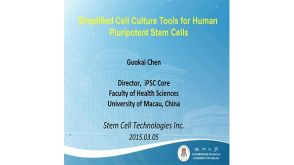 57:55
Development of Simplified and Defined Cell Culture for Human Pluripotent Stem Cells
57:55
Development of Simplified and Defined Cell Culture for Human Pluripotent Stem Cells产品类型:
产品号#:
产品名:
发布日期: 5/15/14 -
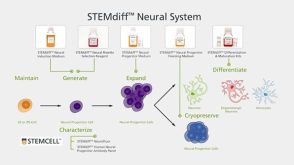 2:53
STEMdiff™ Neural System for hPSC-Based Neurological Modeling
2:53
STEMdiff™ Neural System for hPSC-Based Neurological Modeling产品类型:
产品号#:
05832
05833
05835
05839
05838
78128
78128.1
78128.2
78134
78134.1
78134.2
78136
78136.1
78136.2
78139
78139.1
78139.2
78142
78142.1
78142.2
78151.1
78151.2
78152
产品名:
STEMdiff™ 神经花环选择试剂
STEMdiff™神经前体细胞培养基
STEMdiff™ 神经诱导培养基
STEMdiff™ 神经诱导培养基
STEMdiff™神经祖细胞冻存液
重组人FGF-8A
重组人FGF-8A
重组人FGF-8A
重组人bFGF细胞因子, ACF
人重组bFGF,ACF
人重组bFGF,ACF
人重组EGF,ACF
人重组EGF,ACF
人重组EGF,ACF
重组人GDNF细胞因子, ACF
人重组GDNF,ACF
人重组GDNF,ACF
重组人IGF-I细胞因子, ACF
人重组IGF-I,ACF
人重组IGF-I,ACF
重组人NGF - β, ACF
重组人NGF - β, ACF
重组人PDGF-AA, ACF
发布日期: 8/6/15 -
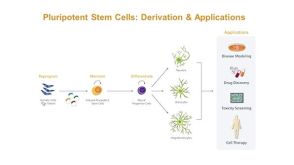 1:05:46
Modeling Human Neurological Disease with Induced Pluripotent Stem Cells
1:05:46
Modeling Human Neurological Disease with Induced Pluripotent Stem Cells产品类型:
产品号#:
05832
05833
05835
05839
产品名:
STEMdiff™ 神经花环选择试剂
STEMdiff™神经前体细胞培养基
STEMdiff™ 神经诱导培养基
STEMdiff™ 神经诱导培养基
发布日期: 4/25/14 -
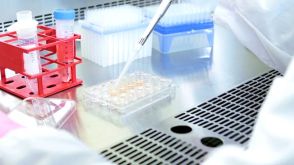 11:04
How to Generate Neural Progenitor Cells from hPSCs Using STEMdiff™ Neural Induction Medium
11:04
How to Generate Neural Progenitor Cells from hPSCs Using STEMdiff™ Neural Induction Medium产品类型:
产品号#:
05832
05833
05835
05839
05893
08581
08582
00224UK.3
产品名:
STEMdiff™ 神经花环选择试剂
STEMdiff™神经前体细胞培养基
STEMdiff™ 神经诱导培养基
STEMdiff™ 神经诱导培养基
AggreWell™ EB形成培养基
STEMdiff™SMADi神经诱导试剂盒
STEMdiff™SMADi神经诱导试剂盒,2套
2天的hPSCs重编程和维持培养课程 - UK - 冬季
发布日期: 4/4/12 -
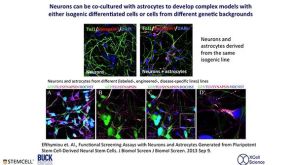 50:26
From Pluripotent Stem Cells to Neurons and Astrocytes - Modeling Human Neurological Disease
50:26
From Pluripotent Stem Cells to Neurons and Astrocytes - Modeling Human Neurological Disease产品类型:
产品号#:
05833
05835
05839
78128
78128.1
78128.2
78134
78134.1
78134.2
78136
78136.1
78136.2
78139
78139.1
78139.2
78142
78142.1
78142.2
78151.1
78151.2
78152
产品名:
STEMdiff™神经前体细胞培养基
STEMdiff™ 神经诱导培养基
STEMdiff™ 神经诱导培养基
重组人FGF-8A
重组人FGF-8A
重组人FGF-8A
重组人bFGF细胞因子, ACF
人重组bFGF,ACF
人重组bFGF,ACF
人重组EGF,ACF
人重组EGF,ACF
人重组EGF,ACF
重组人GDNF细胞因子, ACF
人重组GDNF,ACF
人重组GDNF,ACF
重组人IGF-I细胞因子, ACF
人重组IGF-I,ACF
人重组IGF-I,ACF
重组人NGF - β, ACF
重组人NGF - β, ACF
重组人PDGF-AA, ACF
发布日期: 7/31/15 -
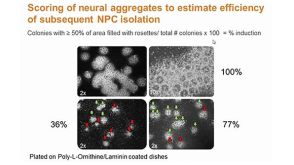 29:27
Tired of Manual Neural Rosette Isolation? How to Form and Isolate More Efficiently
29:27
Tired of Manual Neural Rosette Isolation? How to Form and Isolate More Efficiently产品类型:
产品号#:
05832
05833
05835
05839
产品名:
STEMdiff™ 神经花环选择试剂
STEMdiff™神经前体细胞培养基
STEMdiff™ 神经诱导培养基
STEMdiff™ 神经诱导培养基
发布日期: 4/24/12

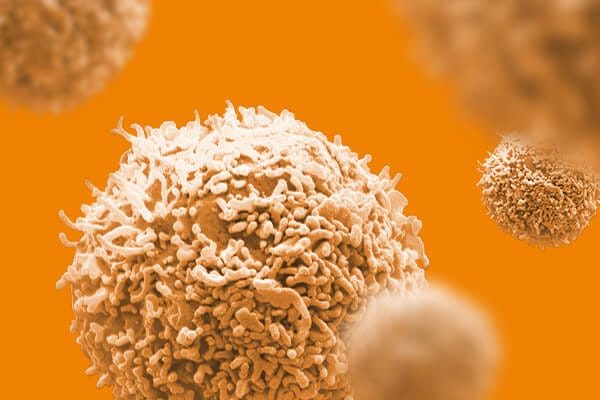
 EasySep™小鼠TIL(CD45)正选试剂盒
EasySep™小鼠TIL(CD45)正选试剂盒
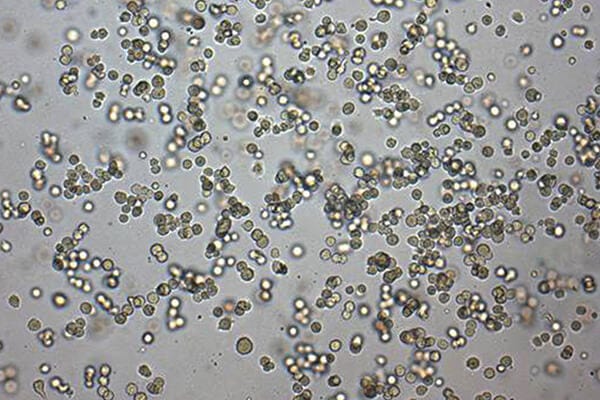
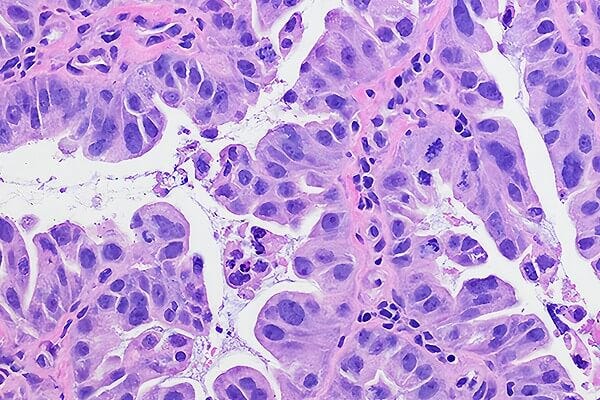


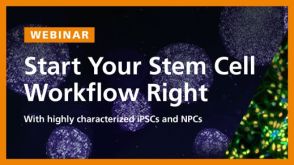
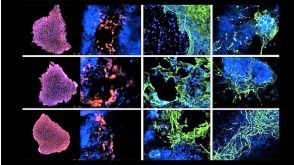
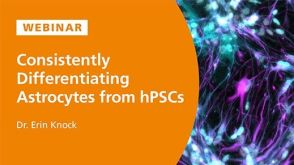
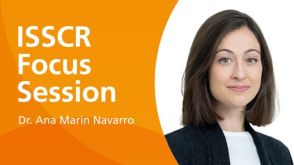

 沪公网安备31010102008431号
沪公网安备31010102008431号